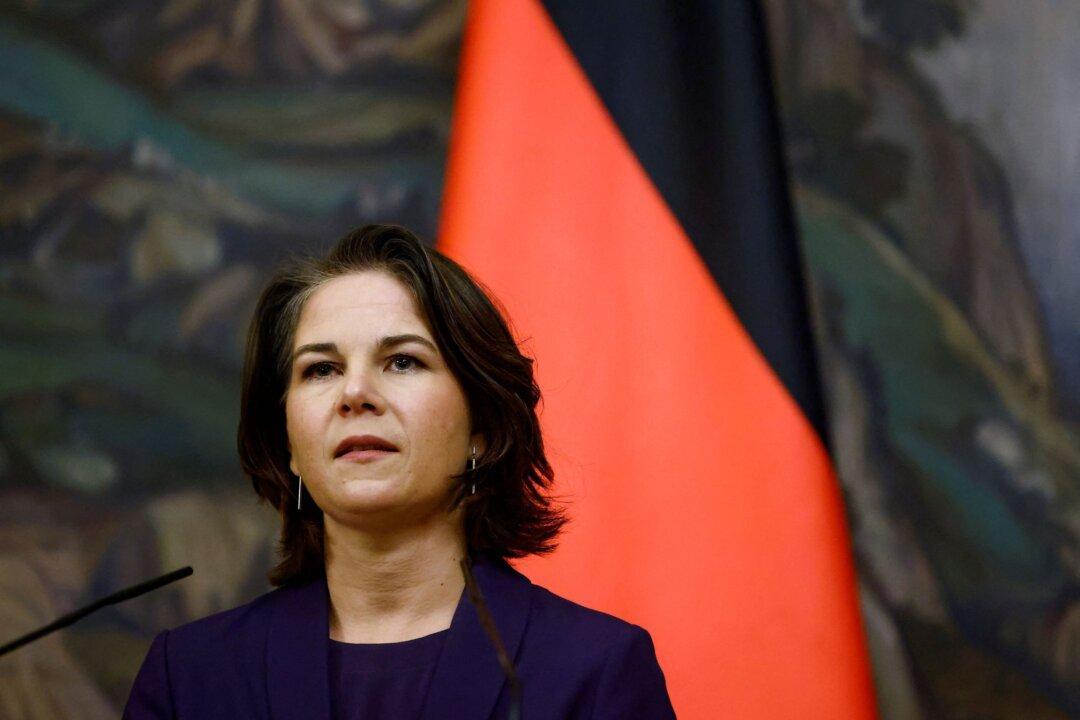German Foreign Minister Annalena Baerbock has told an Australian audience that her country has “learned a lot from Australia” on protecting its security interests from hostile authorities like Beijing.
Speaking at the Lowy Institute on Aug.22, she said the Chinese Communist Party (CCP) was considered a competitor and systemic rival by Germany, accusing it of “using not only military might but also economic clout” to push its influence.




